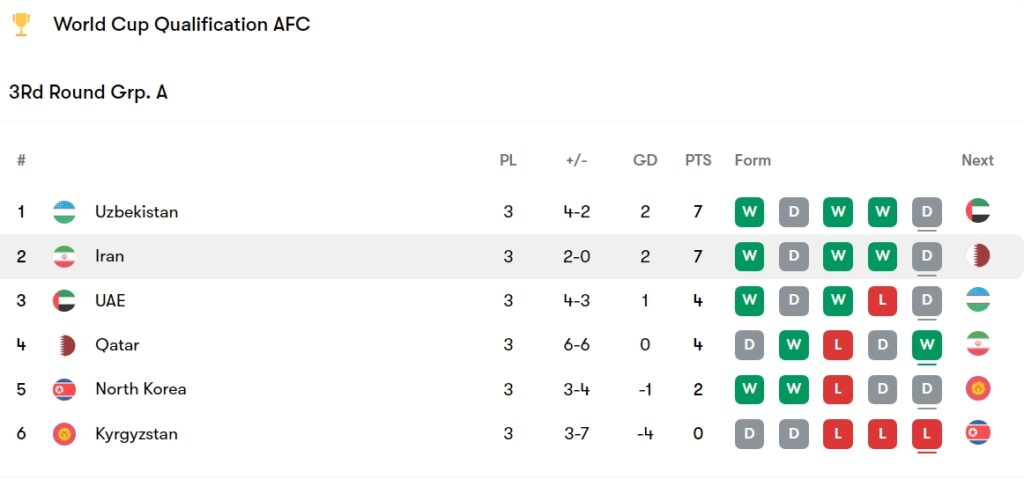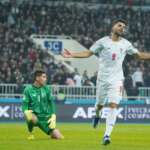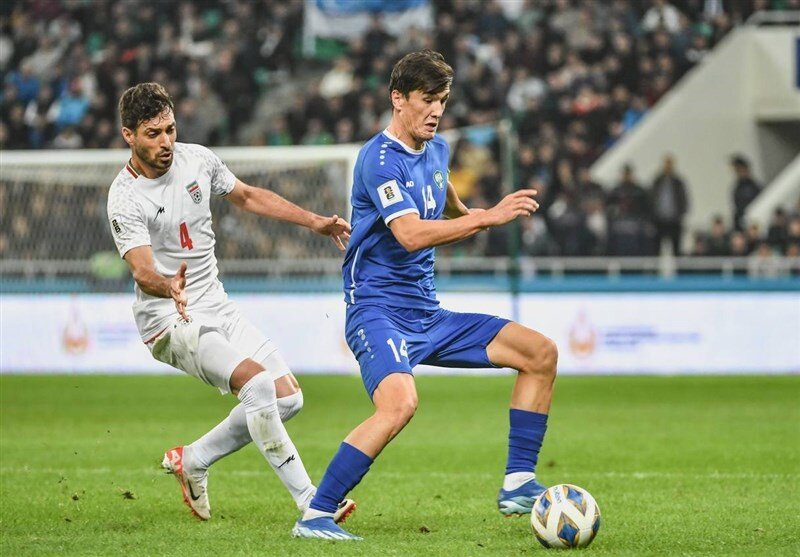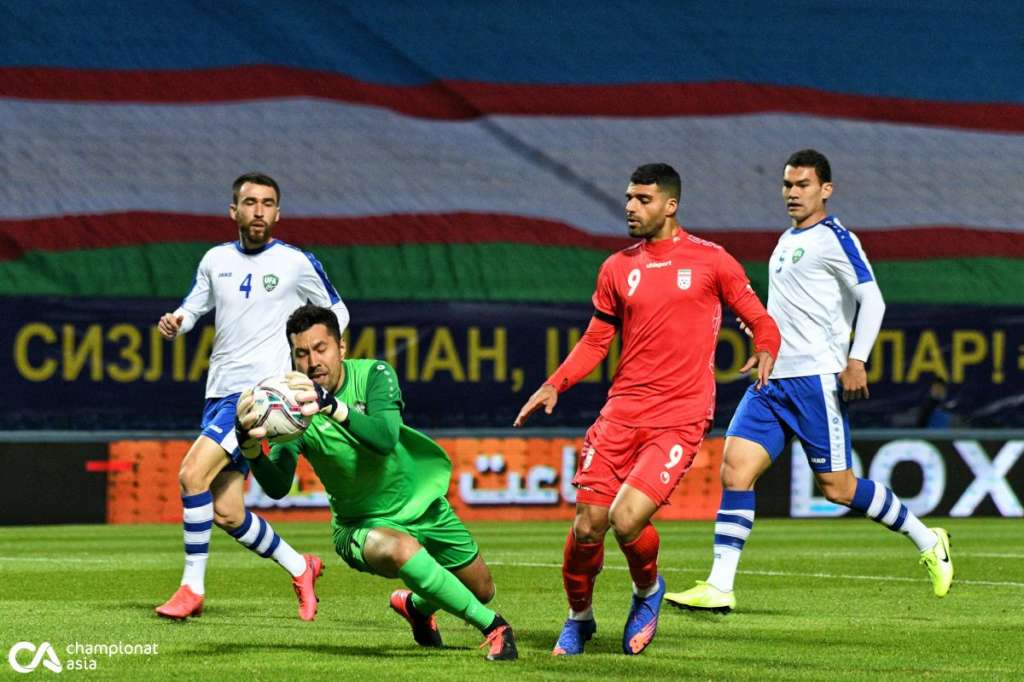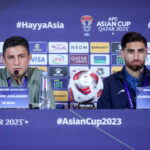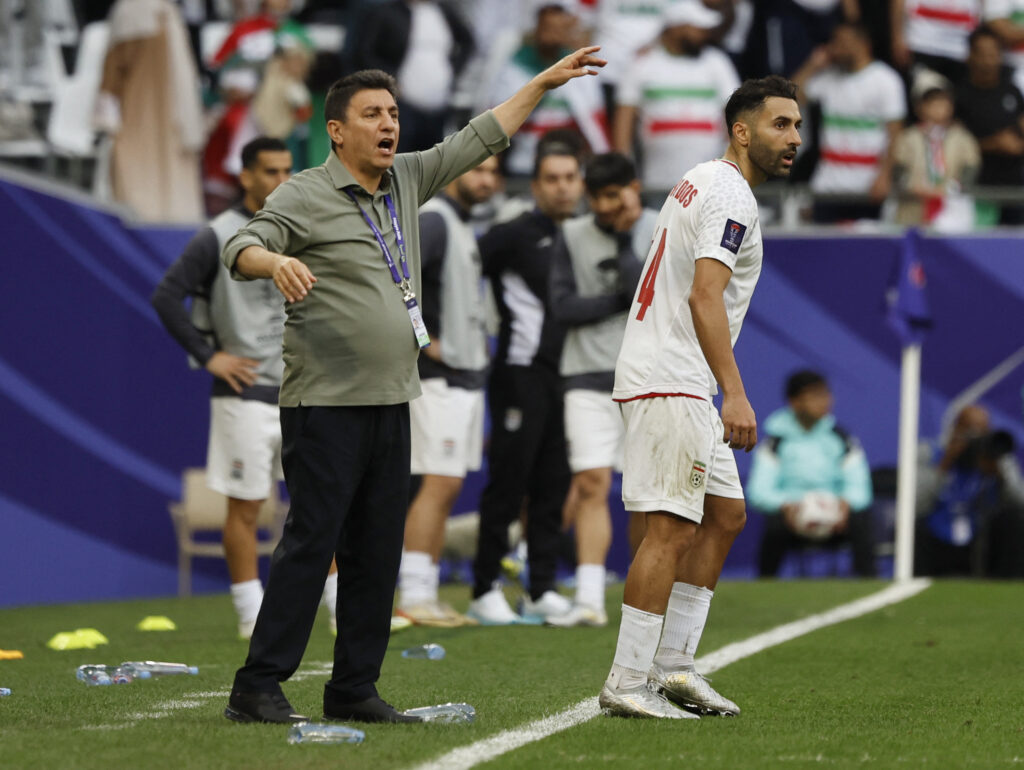Sardar Azmoun, the star center forward of Team Melli and Shabab Al-Ahli, sustained an injury during his club’s UAE Cup match against Diba Al-Hisn.
Azmoun, who recently impressed by scoring twice and assisting Mohebi in Iran’s victory over Qatar, continued his fine form with an early goal in the 9th minute of the match. However, his night was cut short when he was forced to leave the field in the 32nd minute due to injury.
In the dressing room, medical staff conducted an initial evaluation, quickly assessing the severity of his condition. Fortunately, after further examinations, it was confirmed that Azmoun had not sustained damage to his cruciate ligament. His injury, though requiring treatment, is not expected to sideline him for an extended period. The estimated recovery time is less than a month.
Despite the relatively short recovery period, Azmoun is at risk of missing Iran’s next two World Cup qualifying matches in November — away games against North Korea, which are likely to take place in Laos and Kyrgyzstan.
Team Melli currently tops Group A in the third round of FIFA World Cup qualifiers with 10 points, closely followed by Uzbekistan. The top two teams from the group will qualify directly for the finals, while the third-placed team will have to navigate a playoff to secure their spot in the tournament.


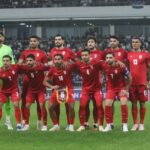

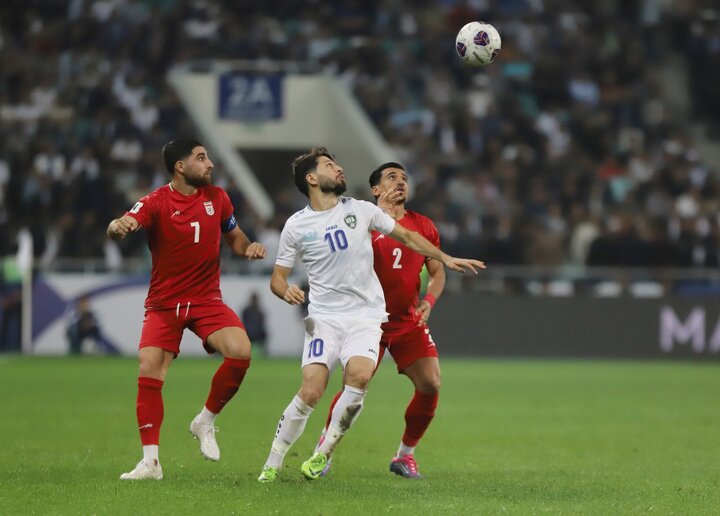
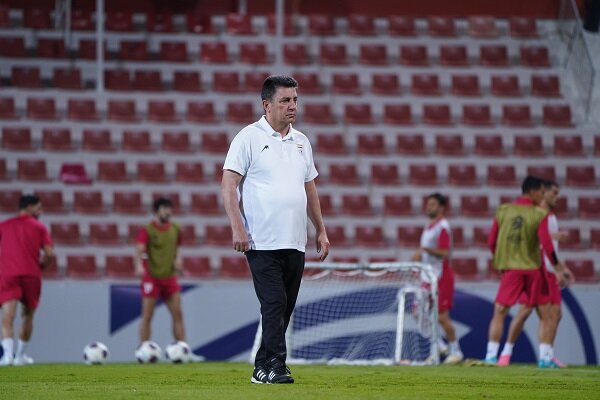


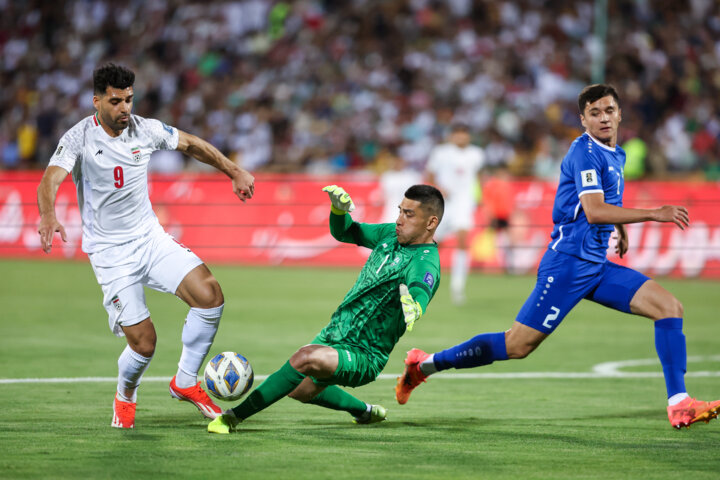



.jpg?d=800x0)
.jpg?d=800x0)
.jpg?d=800x0)
